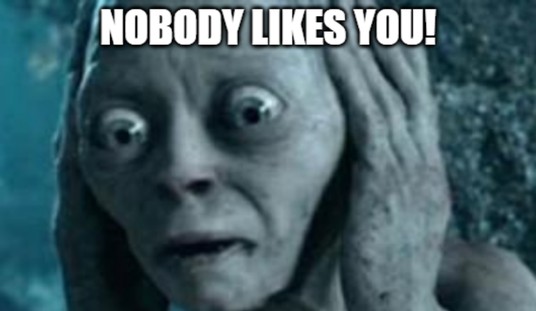We discuss the downsides of Artificial Intelligence at length, but what about the good things it could possibly accomplish for humanity?
My friend went to the doctor recently.
— Anthony Pompliano 🌪 (@APompliano) March 21, 2025
Doctor diagnosed them with a serious issue.
Friend took the medical scans and uploaded to ChatGPT.
ChatGPT diagnosed friend with something different and much lower risk.
Friend sends ChatGPT results to doctor.
Doctor confirms they made…
As an oral and Maxillofacial surgeon I am already implementing AI technology into my practice, especially for pathology cases so that the patients are getting the absolute best human experience and technology can offer for their care. It’s a rapidly changing world!
— Justin (@justinodette) March 21, 2025
My wife uses an AI while seeing patients. With the patients that consent which she says is about 95%. It listens to the whole visit between patient and DR/NP. She can gove full attention to the patient while the AI listens. Afterwards; it creates a note that also excludes useless…
— Seth Turner (@SethWT86) March 22, 2025
Literally same thing happened with my sister.
— Daniel Sempere Pico (@BTCGandalf) March 21, 2025
She went to Thailand on holiday, went back home to the U.K. and was deathly ill about a week later.
She went to A&E 3 times and they kept telling her she had a skin infection.
I put her symptoms and travel history into chatGPT,…
GREAT situation. The more analysis and data, the better. And perhaps better that the doctors didn’t use it; sometimes better to compare independent analyses than have the doctors just use AI, which they might do in a way that just confirmed their priors.
— Ben B@dejo (@BenTelAviv) March 22, 2025
Absolutely! Like any new technology, AI should be a tool—not a replacement. Nothing beats a doctor’s experience or their ability to think creatively. AI just offers another perspective, an extra option to consider.
Not insane. Medicine is data in, data out. This is the future, and it can’t come soon enough.
— Tripdee (@iamtripdee) March 22, 2025
As a physician, I could replace most of what I do with a computer. If that sounds wild, you don’t understand how modern medicine works.
I'm in Canada. My Dr quit so I don't have one. My oncologist can only see my if things go sideways. I've been on a waitlist for an endocrinologist for 2.5 years. If I need any form of care I have to go to an emergency room and wait for 10+ hours.
— MissNakamoto (@LuxFemina) March 21, 2025
So I've been paying for private…
This is one of the only valid AI safety issues.
— Jeffrey Dean Hochderffer (@JHochderffer) March 22, 2025
Yes, AI will play a central role in medicine.
But it is essential that humans still learn this knowledge and practice medicine.
One human doctor will (should) oversee dozens of AI “doctors” but not cede this knowledge to them.
Ultimately, the doctor remains the expert, but an informed patient enhances medical best practices

























